One of the aspects of the crypto industry that come with its growth from infancy is lack of structure and this is what crypto exchange Huobi wants to fix by joining Global Digital Finance (GDF).
In the press release discussing the development, Huobi notes how its membership with GDF is meant to help with the standardization of the crypto industry. That is to say, it is meant to result in the development of “best practices and standards within the digital assets community.”
As to what this involves, Huobi CFO Chris Lee provides some details as to what joining the crypto body means. It’s also worth noting that the other members of GDF include Circle, Coinbase, ConsenSys, DLA Piper, Diginex, Hogan Lovells, and R3.
"As a Patron Member of Global Digital Finance, Huobi is honored and delighted to work with top institutions all over the world. Through our efforts, we have infinite faith in promoting the development of this industry while addressing major issues surrounding market integrity, compliance, practice standards and business models. Huobi believes blockchain technology could benefit our society, and we will continue to devote ourselves to this case," Lee said.
One result of the membership of Huobi with GDF is the fact that it is now co-chair of the group’s Market Integrity Working Group. This means that it will be responsible for combatting such practices as wash trading and market manipulation, which are huge points of concern in the crypto industry right now.
Such issues are contributing to the current image problem that the market has to deal with, particularly when it comes to regulators. This is what GDF’s Executive Director Teana Baker-Taylor noted when talking about the importance of creating a standard that the entire crypto industry can follow. Basically, if cryptocurrency is to be accepted, it needs to become less like the Wild West.
Huobi is also a member of the Data Accountability & Transparency Alliance (DATA), recently announced by CoinMarketCap. The objective is to enhance cryptocurrency data reporting standards across the industry, as well as identify gaps, propose strategies and measures to enhance data accountability and transparency.





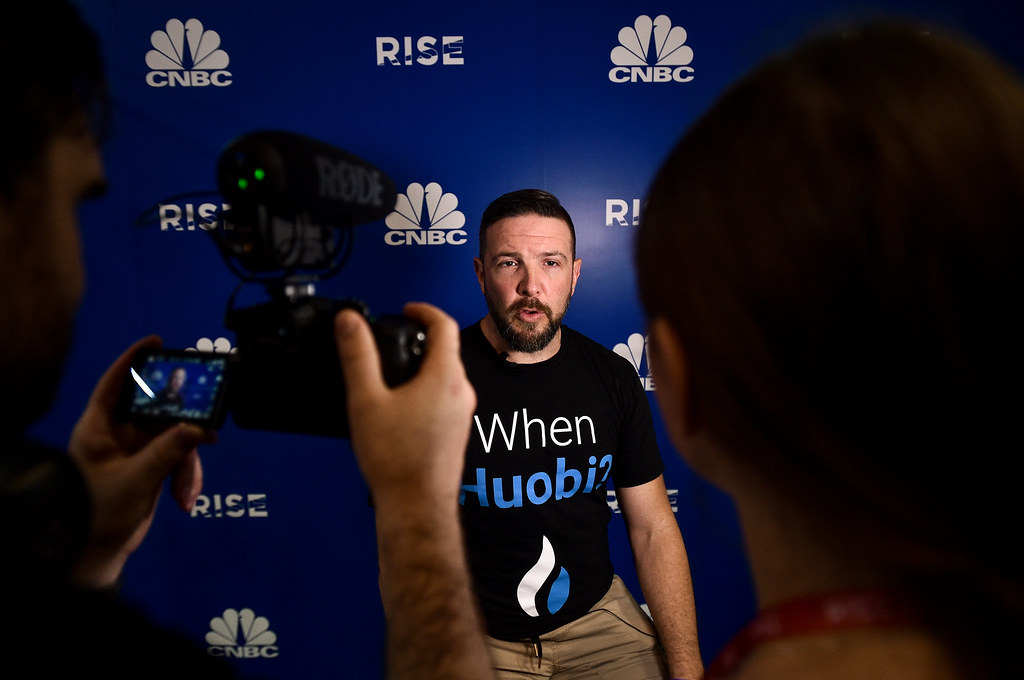


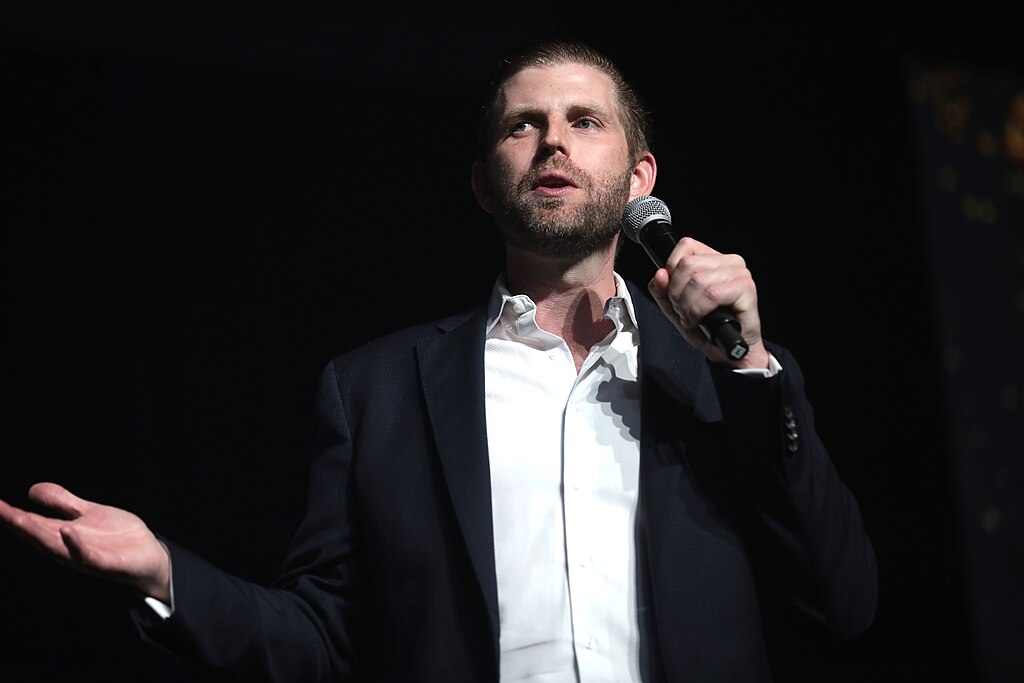
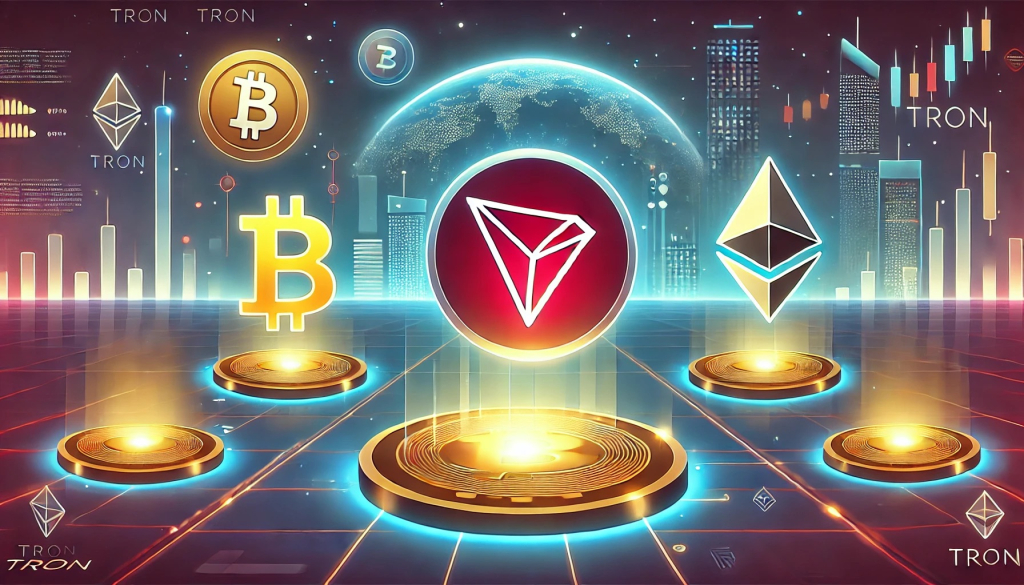



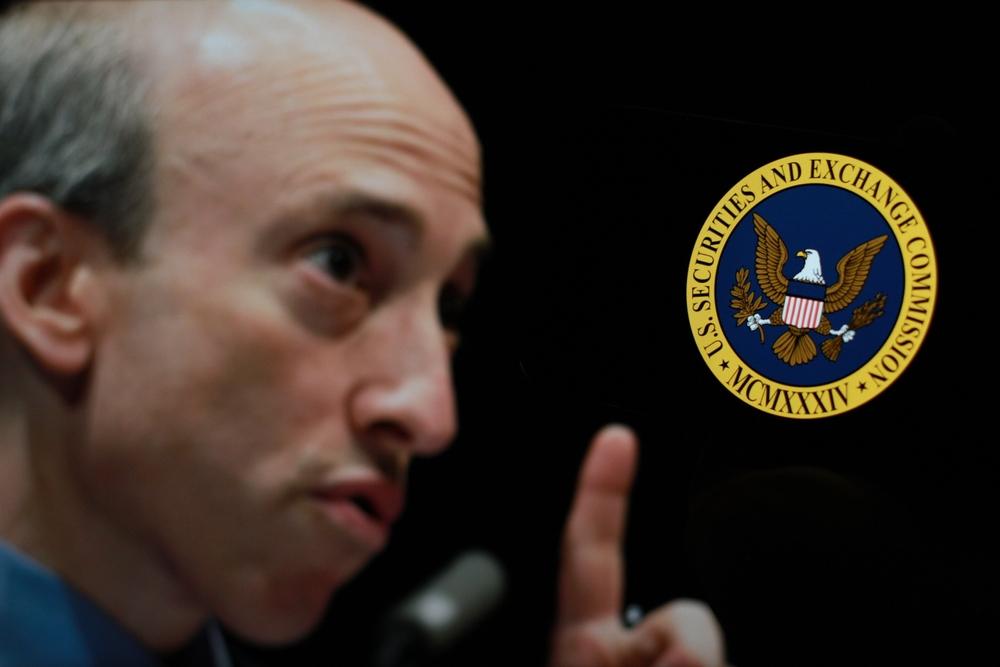
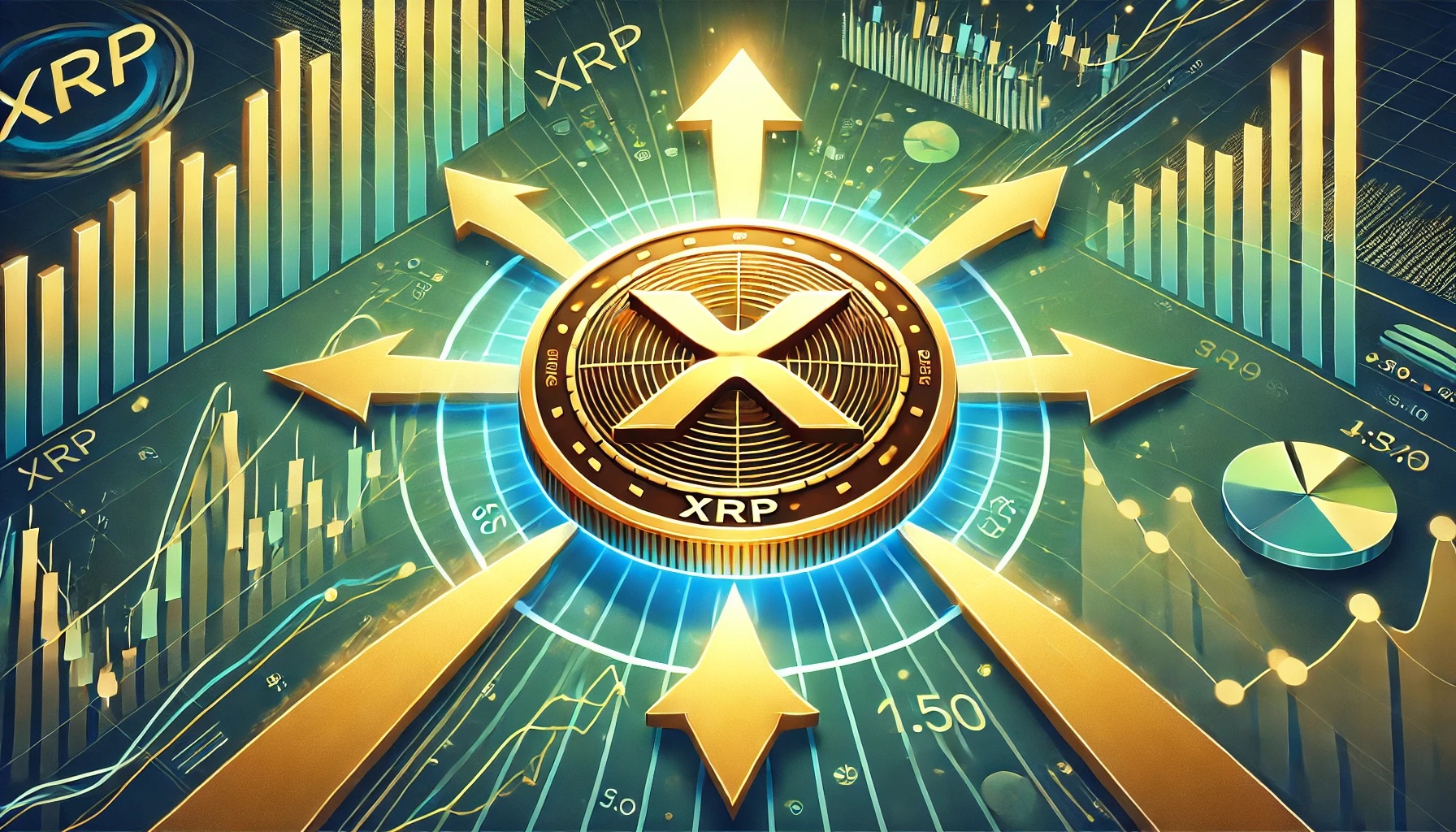
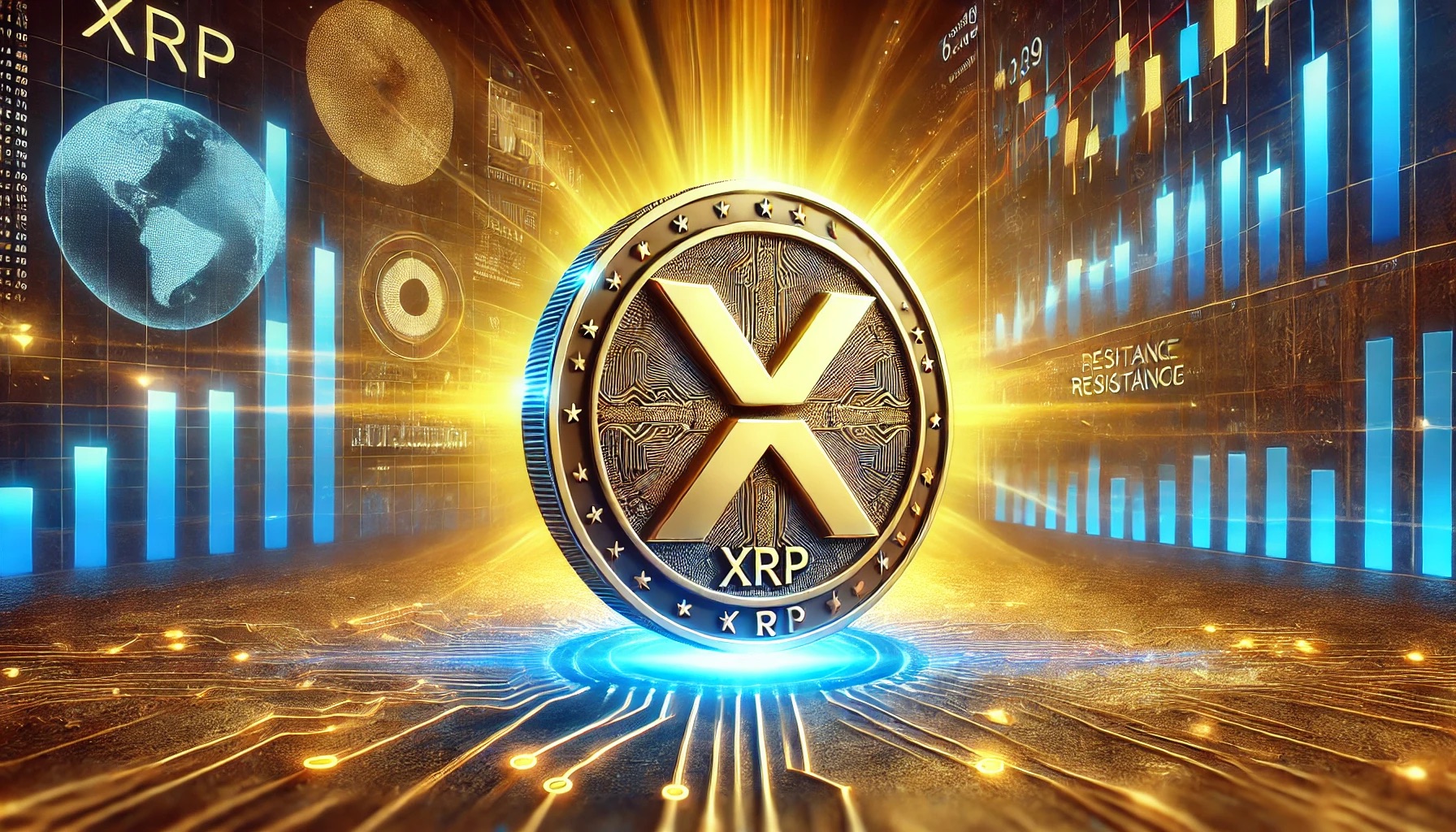



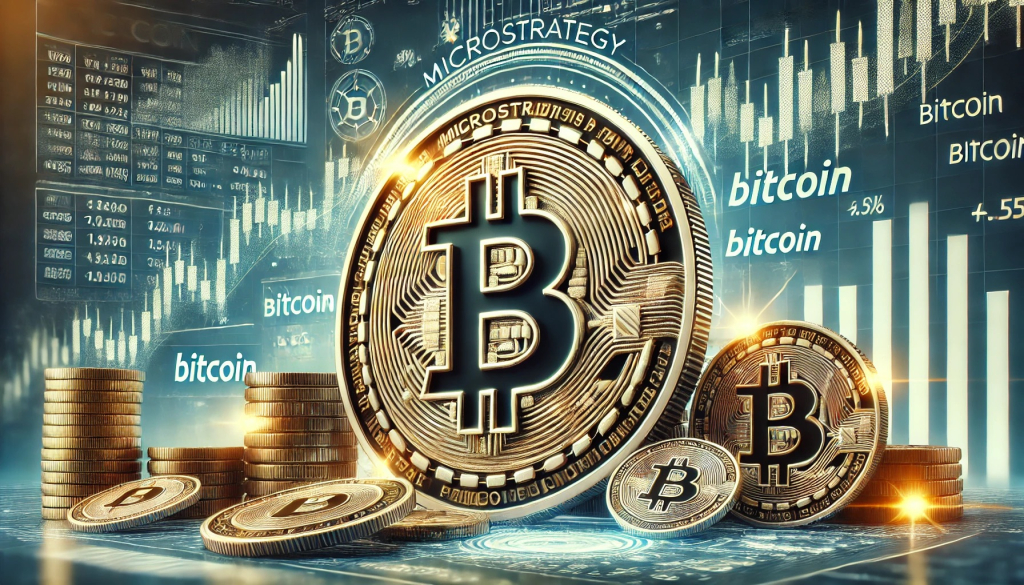





Comment 21